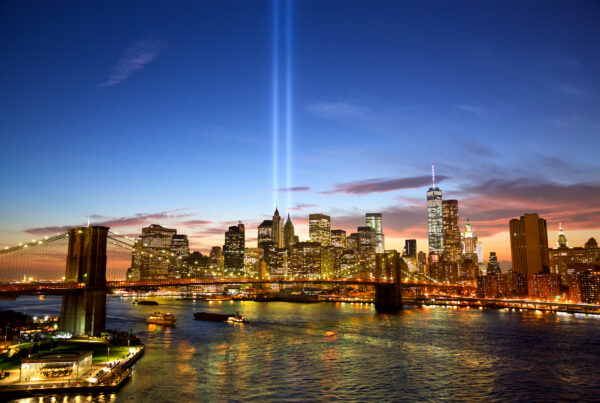Today was to be the start of the jury selection process for a trial in Minneapolis: former police officer Derek Chauvin faces charges of murder and manslaughter in the death of George Floyd. It will be delayed slightly by continuing legal considerations, but will be underway soon, causing my hometown to again become the focal point of heightened tensions around racial justice.
Today I also read about the polling site FiveThirtyEight’s analysis of support for Black Lives Matter (BLM) over the past year: disturbing. Support rose dramatically in the immediate aftermath of George’s death, then fell precipitously within three months. Did BLM undertake tactics that drove away support from those who had, perhaps for the first time, really wrestled with the concept of systemic racism? There were certainly attempts to brand the movement with ties to violence and destruction, but most of us see BLM as a very active but non-violent presence in our current cultural landscape. So, what has happened to support for that presence? I am very sad and sorry to observe that, for too many of us, the urgency of that moment has slipped away.
I found myself re-reading things written last summer in the weeks just following that tragic Memorial Day weekend: many commentators and civic leaders (including me) talked of a reckoning on racial disparities. From across the spectrum of business, education, elected officials and clergy came predictions of progress toward our ‘more perfect union.’ Pledges to be part of the changes needed were made, meetings were held…lots of meetings were held. Books are being read to try to understand lives different than our own; access to training on DEI is a demand in myriad organizations.
And yet the politics of division had a very successful season: in the final six months of 2020 there were overwhelming reminders of all that separates us, all that is at stake if we dare to take steps toward a more inclusive future.
How to proceed? The major political parties appear to be stepping very carefully into their futures – Democrats must balance their moderate and progressive wings, Republicans must determine whether ideology is still part of their DNA and if so, what that might reflect. Not even the attack on our U.S. Capitol could disrupt the hyper-polarization – after a couple days to recover from the shock of those images, efforts to demonize across party lines picked up where they had left off. While our president can – and will – be a strong role model on inclusion, we shouldn’t expect Congress to be leading the way toward that more perfect union.
As our communities and our companies become more diverse, we must do the work ourselves to also become more inclusive and share a real commitment to achieving equity. For me, it starts with a deeply held conviction that our futures are inextricably bound: we share a planet with extraordinary – but not infinite – capacity to regenerate; we share the potential of human imagination and adaptation; we share yearnings for safety, security and self-expression. We have a shared fate.
We’ve allowed ourselves (and been led) to believe that if someone is winning, then I must be losing. If one family is getting ahead, it must be coming at the expense of mine. People pay lip service to ‘win/win solutions,’ but also reserve their rights to take home all the chips if it turns out that is possible, whether in a partisan decision or a financial transaction. I have written before about Americans’ curious mix of pride in our collective accomplishments alongside a too-common unwillingness to recognize who contributed what to the cause. On that point, I have reflected over and over again on something I saw on the news last year: Doc Rivers, the head coach of the Philadelphia ‘76ers shared his raw feelings. I’ll paraphrase here, because I’m working from memory: “Black Americans are the most patriotic people of all – we love this country even though it doesn’t love us back.” It was a powerful way to put systemic racism into focus for me.
Our shared fate rests on building a strong economy, fueled by strong, resilient people. To achieve all that we are capable of will require that we confront and address the very vulnerable foundation upon which we stand: our people have not all been allowed to play the game of life with the same set of rules. Our history has not been inclusive – and so we have deeply-engrained inequities that are going to be very challenging to overcome. But we know our history and cannot responsibly pretend that we don’t know its consequences. The goal of the work ahead should not be about creating blame or guilt. Our goal must be creating the strongest future possible. Our shared fate.






